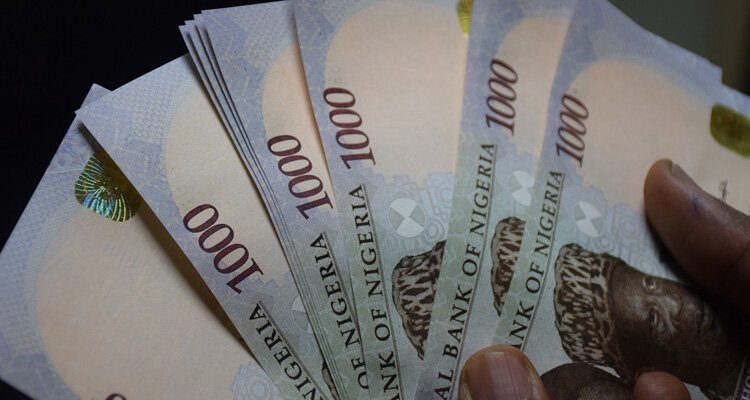By CultureBanx Team
- Central banks bought $15.7B of gold in the first half of this year
- Ghana is the leading producer of gold in Africa
As digital currencies continue to get more mainstream attention, the world’s central banks are tapping into a more familiar source and buying up lots of gold. Right now the U.S. dollar is the world’s de facto global currency, but in the first half of this year, central banks bought $15.7 billion of gold. This is great news for Africa which once led global gold production for a century and extracted about half the bullion mined to date.
Why This Matters: When the world doubts the dollar it goes for gold. Ghana is the leading producer of gold on the continent and output jumped up 12% in 2020. South Africa has the world’s second-largest reserves of the metal with 6,000 metric tons, according to estimates from the U.S. Geological Survey. Overall, Ghana and South Africa have lost their leading gold producers title to China, and now fall at number 8 and 10 on the list, meaning they’re not reaping the benefits of the world’s central banks return to gold like they should be.
Ghana and South Africa have lost their leading gold producers title to China, meaning they’re not reaping the benefits of the world’s central banks return to gold like they should be
America got rid of the gold standard during the 1970s, leaving the world’s currency reserve backed not by gold, but by blind confidence in the U.S. Herein lies the problem with the worlds dependency on the U.S. dollar, it damages other currencies during domestic downturns, like the 2008 financial crisis. Currently the American Greenback makes up 62% of all central bank foreign exchange reserves and 90% of all foreign exchange trades.
The central banks of Turkey, Kazakhstan, China and Russia were four largest buyers of gold so far this year. A buying spree like this is a strong move to decouple themselves and the rest of the global financial system from dependence on the U.S. dollar.
Situational Awareness: AngloGold is investing $500 million into Ghana’s Ashanti’s Obuasi gold operation, previously overrun by illegal miners. Production from Obuasi is forecast at 350,000 to 450,000 ounces of gold annually during the first 10 years, according to Bloomberg. On the other side of the coin, a lack of investment in South Africa’s gold mines, means the sector that once powered Africa’s most-industrialized economy will continue to shrink.
CBx Vibe: “All Gold Everything” Trinidad James








